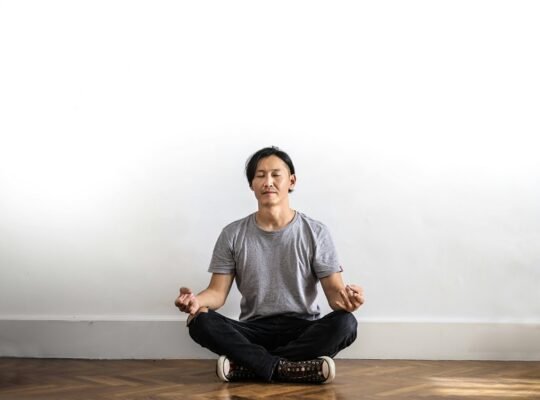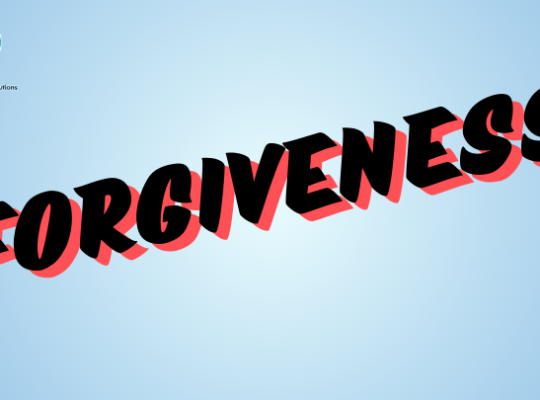Feeling ‘enough’ is a fundamental query that delves into our self-value, casting ripples across our relationships and professional decisions. But what triggers this? Self-doubt, a complex phenomenon, finds its roots in a myriad of internal and external forces.
Comparing ourselves to others is a significant trigger for self-doubt. This comparison might involve evaluating our achievements, appearance, social status, or various aspects of life against those of others. Continuously aiming for unrealistic standards or perceived perfection can foster feelings of inadequacy and self-doubt.
Taking a break from social media could be helpful if you find yourself constantly engaging in comparisons. It’s important to remember that social media often portrays only the best parts of people’s lives, and comparing our own struggles to others’ highlights can exacerbate feelings of inadequacy.
Past Failures or Setbacks: Encountering disappointments, obstacles, or rejections in the past may trigger a fear of failure or a sense of inadequacy. These occurrences can diminish self-confidence and contribute to self-doubt, particularly if they are not handled and learned from effectively. Seeking guidance can assist in devising a new approach for success and inspiring resilience in the face of challenges.
Negative Feedback or Criticism: Receiving adverse feedback or criticism can exacerbate feelings of self-doubt. Continuously hearing messages that undermine one’s skills or values can foster self-limiting beliefs and uncertainty about one’s capabilities. Addressing this aspect of self-doubt may involve establishing stronger boundaries.
Perfectionism: The pursuit of perfection in all areas of life can significantly fuel self-doubt. Perfectionists often establish unrealistic standards for themselves and excessively criticize perceived flaws or errors. This relentless quest for flawlessness can induce constant anxiety and self-doubt.
Lack of Self-Confidence: Underlying low self-confidence, often stemming from childhood experiences, upbringing, or past traumas, can perpetuate ongoing self-doubt. When you lack belief in your abilities, you’re more inclined to question your worthiness and competence.
Fear of Rejection or Failure: The fear of rejection or failure can immobilize individuals, hindering their ability to take risks or pursue their aspirations. This fear often materializes as self-doubt, prompting doubts about one’s capacity to navigate potential challenges.
Steps to build self confidence:
Cultivate Self-Compassion: Start by nurturing self-compassion, extending to yourself the same kindness and understanding you would readily offer to a close friend.
It’s common to hold ourselves to high standards and criticize our every misstep. However, it’s essential to recognize that nobody is flawless, and making mistakes is part of the journey to success. Instead of allowing mistakes to derail you, acknowledge them as opportunities for growth.
Shift your focus to your strengths and even the smallest accomplishments. Embrace your progress, no matter how incremental, and practice self-appreciation during challenging moments. Keeping a record of these small victories can serve as a reminder of your forward momentum.
Practice Assertiveness: Assertiveness entails expressing your thoughts, feelings, and needs with confidence and respect. Cultivate the skill of advocating for yourself and setting boundaries in both personal and professional relationships.
Celebrate Your Accomplishments: Take the time to recognize and celebrate your successes, regardless of their size. Maintaining a journal of your achievements can enhance your self-esteem and serve as a reminder of your capabilities.
Challenge Negative Self-Talk: Be attentive to your inner dialogue and challenge any negative self-talk. Replace self-critical thoughts with affirmations that highlight your strengths and capabilities.
Step Out of Your Comfort Zone: Challenge yourself to explore new experiences, tackle obstacles, and learn from setbacks. Each step taken outside of your comfort zone contributes to building resilience and confidence.
Incorporating these strategies into your life can further bolster your self-confidence and reinforce the understanding that you are more than capable. Embrace your individuality, continue to evolve, and recognize that self-confidence is an ongoing journey of self-discovery and empowerment.






